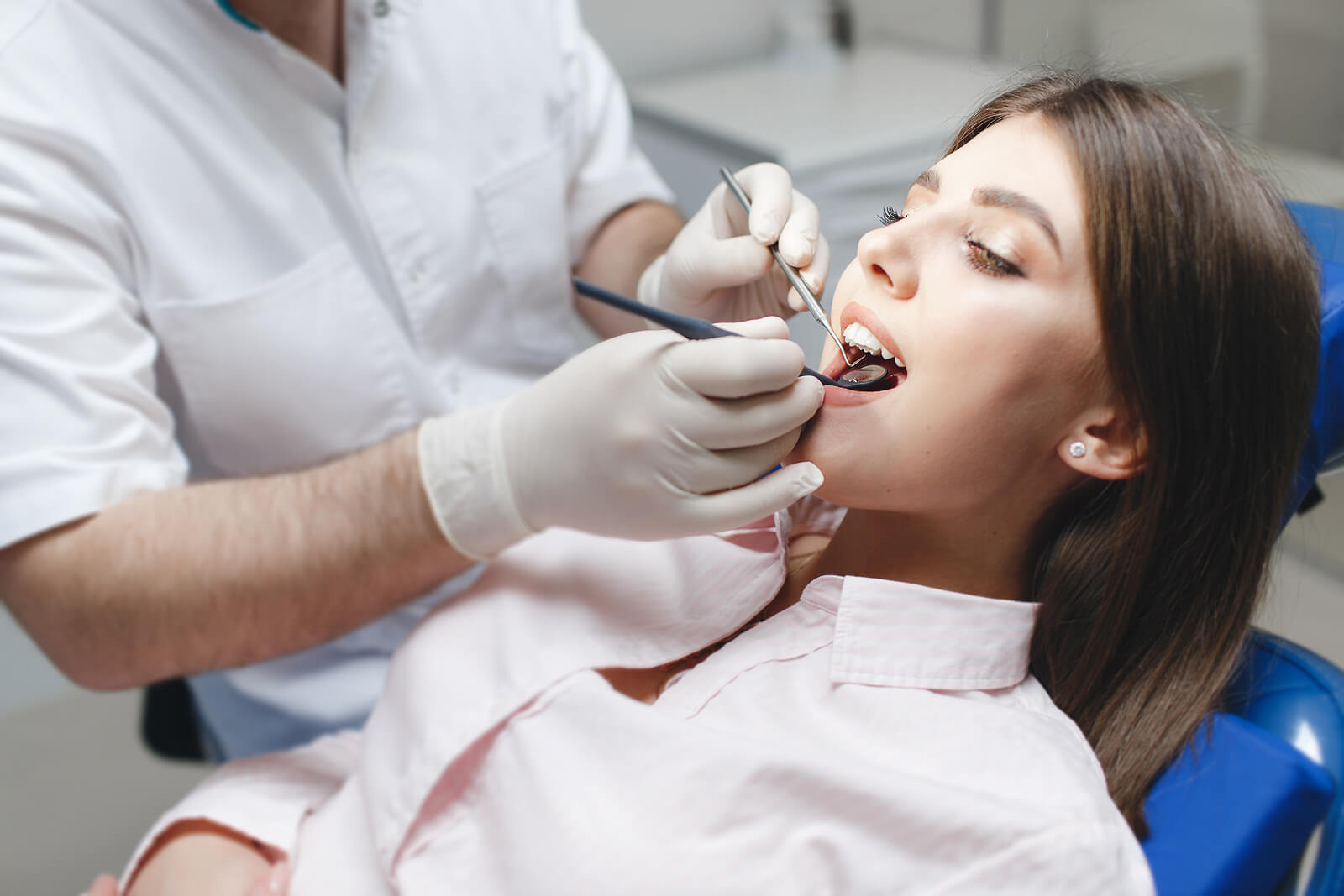Optimizing is about making something as efficient as it can be. When it comes to dental health, that means putting in the least amount of time, effort, and money while maintaining the highest level of oral health.
There are two parts to this: One is prevention. The other is connection. Let’s look at how both components contribute to optimizing your dental health.
Prevention First: Good Oral Health Habits
What starts as a small cavity and a small filling can end up becoming larger cavities, multiple fillings, or even crowns, root canals, and extractions. Avoid these treatments, which are both more painful and more expensive, by preventing major problems in the first place, starting with the basics.
Brush and floss daily. The American Dental Association (ADA) recommends brushing at least twice a day for two minutes each time with fluoride toothpaste and a soft-bristled toothbrush. The ADA also recommends flossing the spaces between your teeth once a day with waxed or unwaxed dental floss.
Visit the dentist every year. The ADA recommends seeing your dentist at regular intervals, with an exam and cleaning at least once a year. Your dentist will look for possible problems and suggest treatment to take care of them before they get worse.
Be mindful of what you put in your mouth. Sugary and acidic foods wear away the enamel, making the tooth surface weaker. Chewing on fingernails, ice, pens, and other non-food objects wears away the tooth surface enamel, too, and can cause cracks. You can prevent problems like cavities and cracked teeth by being careful about what you eat and chew on.
There’s an old saying, “an ounce of prevention is worth a pound of cure,” and it’s certainly true when it comes to dental health.
Connection Second: How Dental Health Affects Whole Body Health (and Vice Versa)
You already know to brush, floss, see the dentist, and avoid acidic and sugary snacks. What you may not know is how connected dental health is with the rest of the body. Making the connection between oral health and whole body health is another component of optimizing your dental health.
Dental health affects, and is affected by, health in the rest of the body in some surprising ways. Unhealthy gums and tooth abscesses can allow bacteria from the mouth to enter the bloodstream, which can lead to infection and is associated with heart disease and diabetes. A bad bite or misaligned jaw can be a cause of obstructive sleep apnea, difficulty breathing, and difficulty swallowing. Problems with the temporomandibular joint (TMJ), i.e., the jaw joint, can cause many symptoms, including clicking in the jaw and pain in the head, neck, back, and shoulders.
What’s even more surprising to most people is the way in which problems in other parts of the body can cause pain in the face, jaw, and mouth. Pain that originates from the foot or back, for instance, can cause a person to unintentionally accommodate for the pain by assuming what’s called “adaptive posture,” which can lead to breathing problems or muscle strain that manifests as pain in the face. Or the pain may cause someone to clench their jaw or grind their teeth at night, causing microtrauma to the TMJ, in turn leading to the symptoms listed above.
We see this all the time in our practices, the TMJ and Sleep Therapy Centre of Chicago and the Centre for Integrative Orthodontics. A patient comes in with pain in the face or neck and through examination we discover the origin of the pain is the back. When that pain the back is addressed, the pain in the face disappears.
We encourage people to make an appointment at one of our practices, or with a local specialist experienced in treating TMJ disorders or sleep apnea, when they experience any of the following symptoms:
- unresolved headaches, neck pain, back pain, face pain
- unexplained jaw pain or headache upon waking
- snoring (especially in children)
- sleep apnea
- waking suddenly at night, gasping for air
- grinding teeth at night
- bedwetting
Connection is an important component of optimizing your dental health because it makes you think about your health in an integrated way.
Do you have any unexplained symptoms you’ve tried to treat, but haven’t been able to? If so, it’s time to consider whether that pain is related to your dental health and address it.
Optimizing is Being Proactive
Taking care of your health is about being proactive. Get into good daily oral care habits, see your dentist or orthodontist regularly, and make the connection between dental and overall health. The result will be a healthier, happier you.
